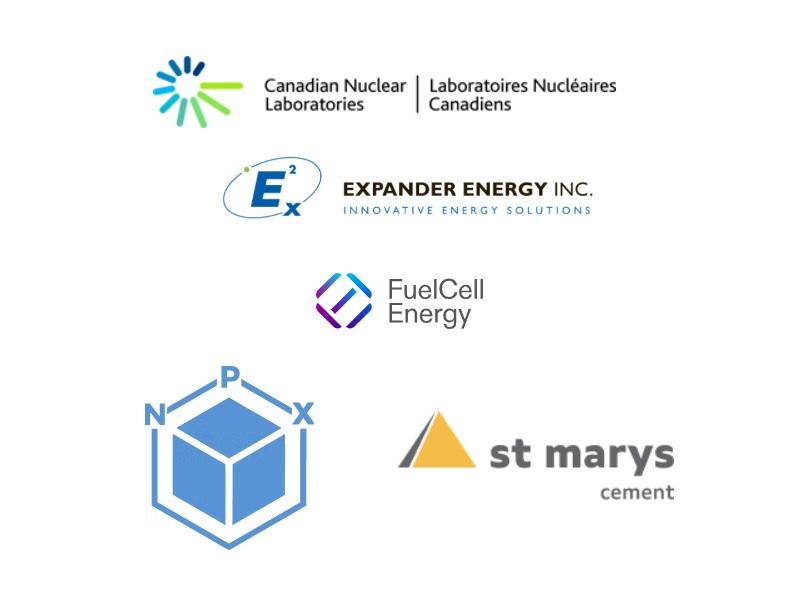 Five partner companies have selected three sites across Canada to potentially host renewable diesel production facilities, where wood waste will be turned into low-carbon fuel via technology developed by Canadian Nuclear Laboratories and Calgary-based Expander Energy Inc.
Five partner companies have selected three sites across Canada to potentially host renewable diesel production facilities, where wood waste will be turned into low-carbon fuel via technology developed by Canadian Nuclear Laboratories and Calgary-based Expander Energy Inc.
Currently planned for British Columbia, Ontario and Quebec, the facilities are expected to generate a combined 90 million litres of renewable diesel fuel per year, a drop-in fuel for the transportation sector.
Chalk River, Ont.-based Canadian Nuclear Laboratories (CNL) unveiled the partnership with waste-to-clean-fuel company Expander Energy, U.S. firm FuelCell Energy, Toronto-headquartered St Marys Cement, and Kincardine, Ont.-based startup Nuclear Promise X.
The announcement of the location selection follows the completion of a feasibility study that resulted in the five partners being awarded $4.9 million by Natural Resources Canada’s Clean Fuels Fund in 2024. The study focused on producing low-carbon synthetic diesel and sustainable aviation fuel.
Synthetic transportation fuels “provide an immediate opportunity for the country to reduce its greenhouse gas emissions, with the additional benefit of leveraging waste, such as wood, that may otherwise go to waste,” Stephen Bushby, CNL’s vice-president of science and technology, said in the announcement on Friday.
Sustainable Biz Canada has reached out to Expander for comment.
CNL, Expander's BETL
The technology developed by CNL and Expander is named Biomass Electrolysis to Liquids (BETL). It is based on Expander’s biomass gasification, bio-synthetic fuel production and electrolysis technology which outputs low-carbon diesel or aviation fuel.
The fuel is expected to have a “very low life cycle carbon intensity,” according to CNL. Natural Resources Canada says biodiesel has the potential to reduce life cycle greenhouse gas emissions by over 80 per cent compared to diesel.
Fuel produced by BETL is economically competitive with similar technologies that treat fats and oils, Expander’s president and CEO Gord Crawford said.
Front-end engineering design at the three locations is to be complete by the fall. The design phase will be based on using 240 tonnes of forestry wood waste per day, producing approximately 30 million litres of renewable diesel per year at each facility.
Factors such as the distance to utilities and accessibility to major roads and key resources like biomass were the main reasons for the selections.
CNL says the facility design could be an example for future sites either in Canada or internationally, under a build, own and operate model.
Further site-specific details will be announced in the “near future,” in coordination with local partners, such as government and Indigenous nations and organizations. Investors, including major off-takers, have voiced interest in participating in future projects, CNL adds.
Expander and CNL expect to install an electrolyzer at the planned Expander Carseland Alberta Gasifier project in Alberta to de-risk potential investment in the three sites, Crawford added.
Early assessments show the potential for “strong financial performance for all three sites,” he said.
Producing fuel from biomass can comply with North American and Europe diesel standards, the release states.
Low-carbon fuels are a way to more sustainably operate heavy-duty transport in the marine and aviation sectors, CNL says. This helps address a sector which is hard to decarbonize; transportation is responsible for approximately a quarter of Canada’s greenhouse gas emissions.










